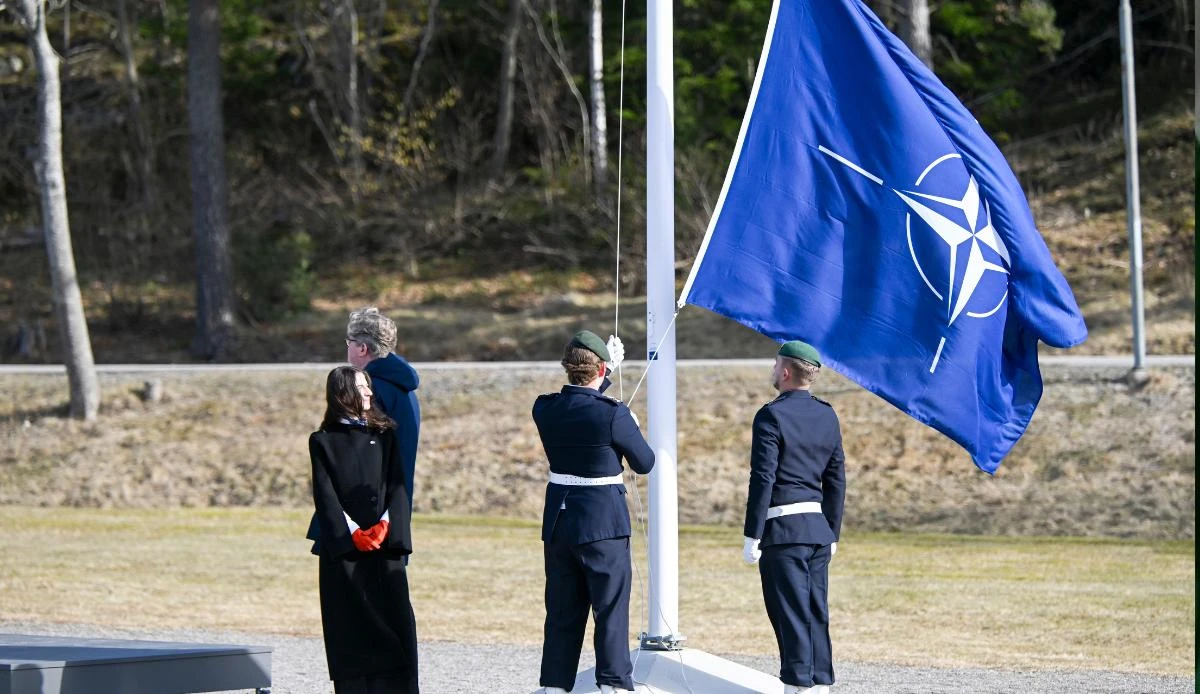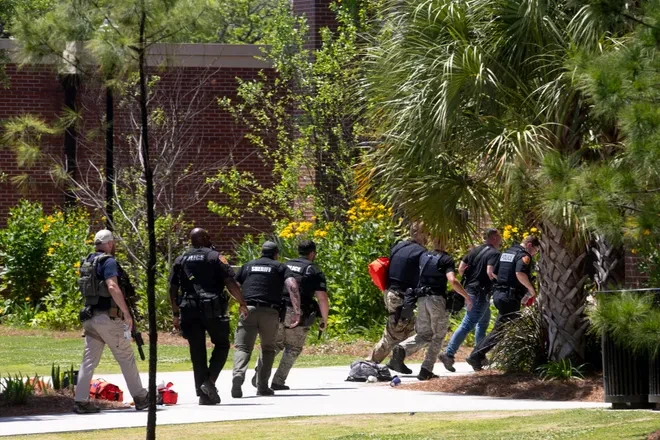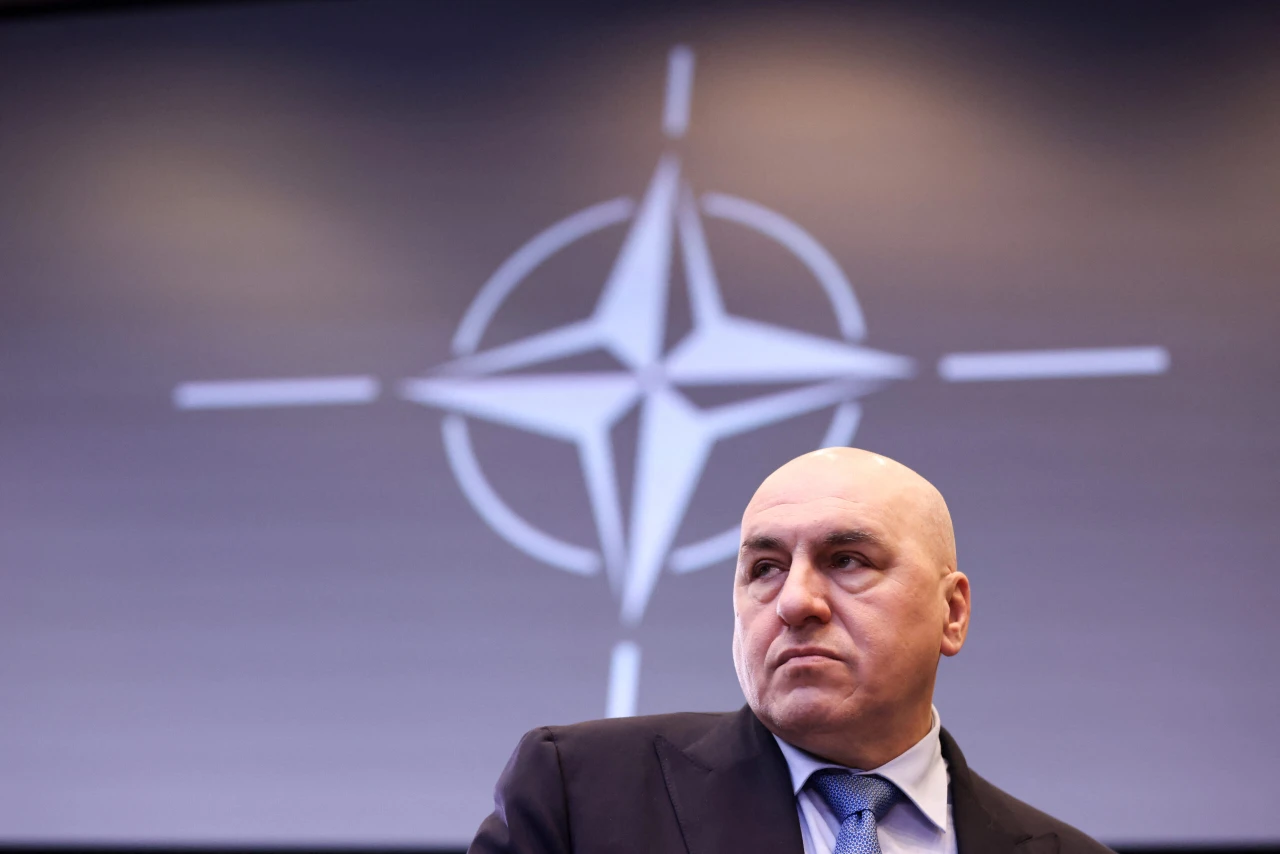Poland urges NATO members to increase defense spending

Poland’s President Andrzej Duda calls for NATO members to increase their defense spending to 3% of their GDP, as Russia continues to militarize its economy and advance its invasion of Ukraine
Poland’s President, Andrzej Duda, issued a fervent call on Monday for NATO alliance members to bolster their defense spending to 3% of their gross domestic product. This plea comes as Russia escalates its economy’s militarization and advances its invasion of Ukraine.
In an address both to his nation and the international community, President Duda emphasized the urgency of the situation. His appeal precedes a significant diplomatic engagement as he prepares to join Polish Prime Minister Donald Tusk in a meeting with U.S. President Joe Biden at the White House on Tuesday.
“In the face of the war in Ukraine and Russia’s growing imperial aspirations, the countries making up NATO must act boldly and uncompromisingly,” Duda asserted during his Monday evening speech.
The timing of Duda’s plea coincides with Poland’s commemoration of the 25th anniversary of its accession to NATO, alongside the Czech Republic and Hungary, on March 12, 1999. Reflecting on this milestone, Duda remarked, “There has been and there is no better guarantor of security than the North Atlantic Alliance.”
“The war in Ukraine has clearly shown that the United States is and should remain the leader in security issues in Europe and the world,” Duda underscored. “However, other NATO countries must also take greater responsibility for the security of the entire alliance and intensively modernize and strengthen their troops.”
Duda’s call to action coincided with Sweden’s formal entry as the 32nd member of NATO, symbolizing a significant expansion of the alliance. “Today, NATO is sending a clear and strong signal by welcoming Finland and Sweden into its ranks,” he remarked, hailing the event as historic.
While NATO members had previously committed to allocating 2% of their GDP to defense following Russia’s annexation of Ukraine’s Crimean Peninsula in 2014, many, including Germany, have yet to meet this benchmark. In contrast, Poland currently earmarks 4% of its GDP for defense, surpassing all other members in percentage terms.
Expressing concerns over Russia’s aggressive posture, Duda asserted in an op-ed for The Washington Post that Moscow’s actions pose the most significant threat to global peace since the Cold War. “The Russian Federation has switched its economy to war mode,” he wrote, citing Russia’s substantial military budget allocation.
However, the Biden administration cautiously approached Duda’s proposal, indicating that achieving the 2% threshold should be prioritized before discussing additional increases. “I think the first step is to get every country meeting the 2% threshold, and we’ve seen improvement of that,” stated U.S. State Department spokesman Matthew Miller.
Following his visit to the United States, President Duda is scheduled to meet with NATO Secretary-General Jens Stoltenberg in Brussels to further discuss defense strategies in the face of escalating tensions with Russia.
Source: AP



